- Newest
- Most viewed
Stay connected with us!
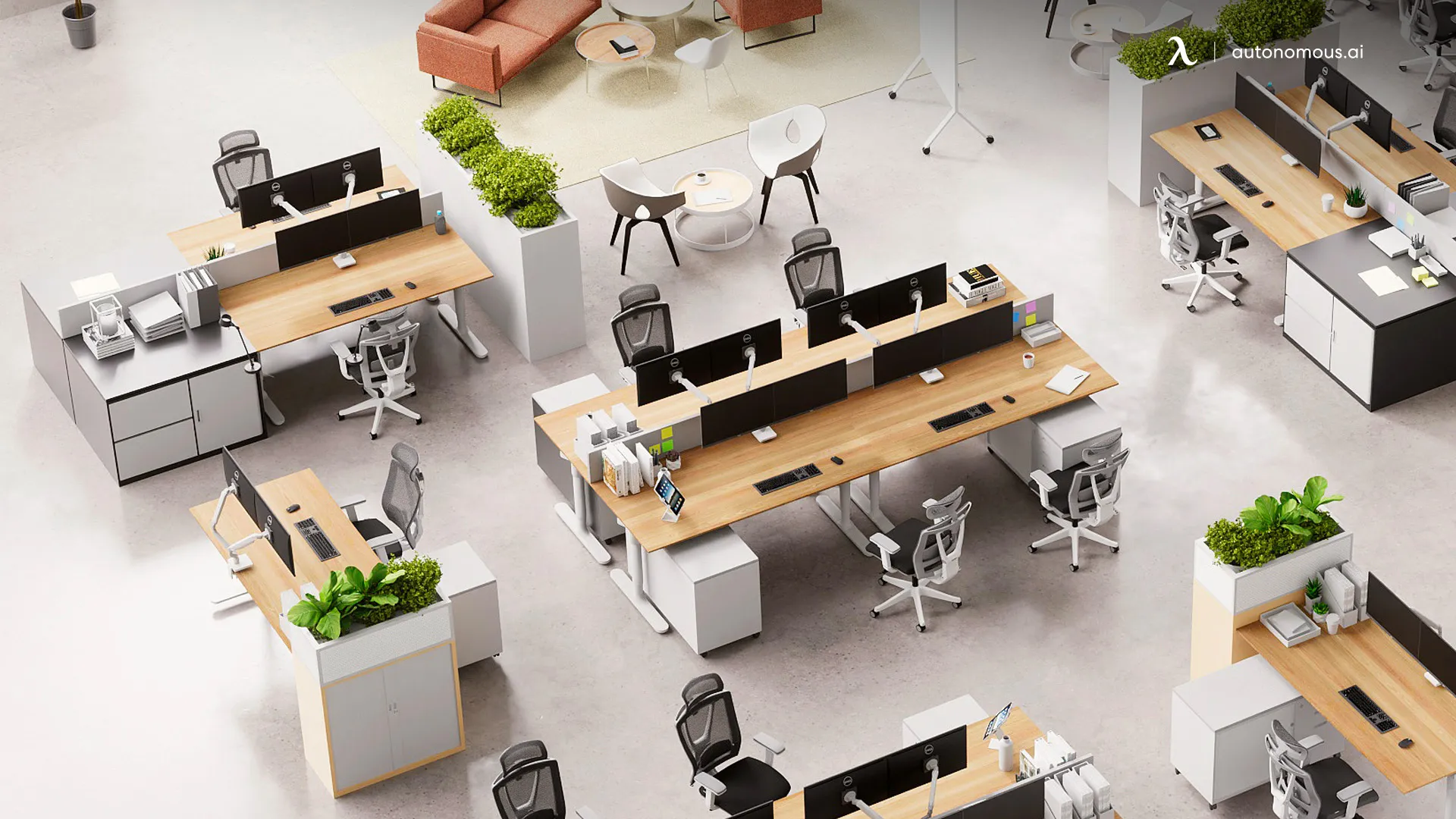
Office Cubicle Alternatives: Creative Solutions for Modern Workspaces
Explore office cubicle alternatives like modular workstations, standing desks, and private pods to create a modern, productive, and employee-friendly workspace.
Workplace Inspiration | Jan 16, 2025 900 views
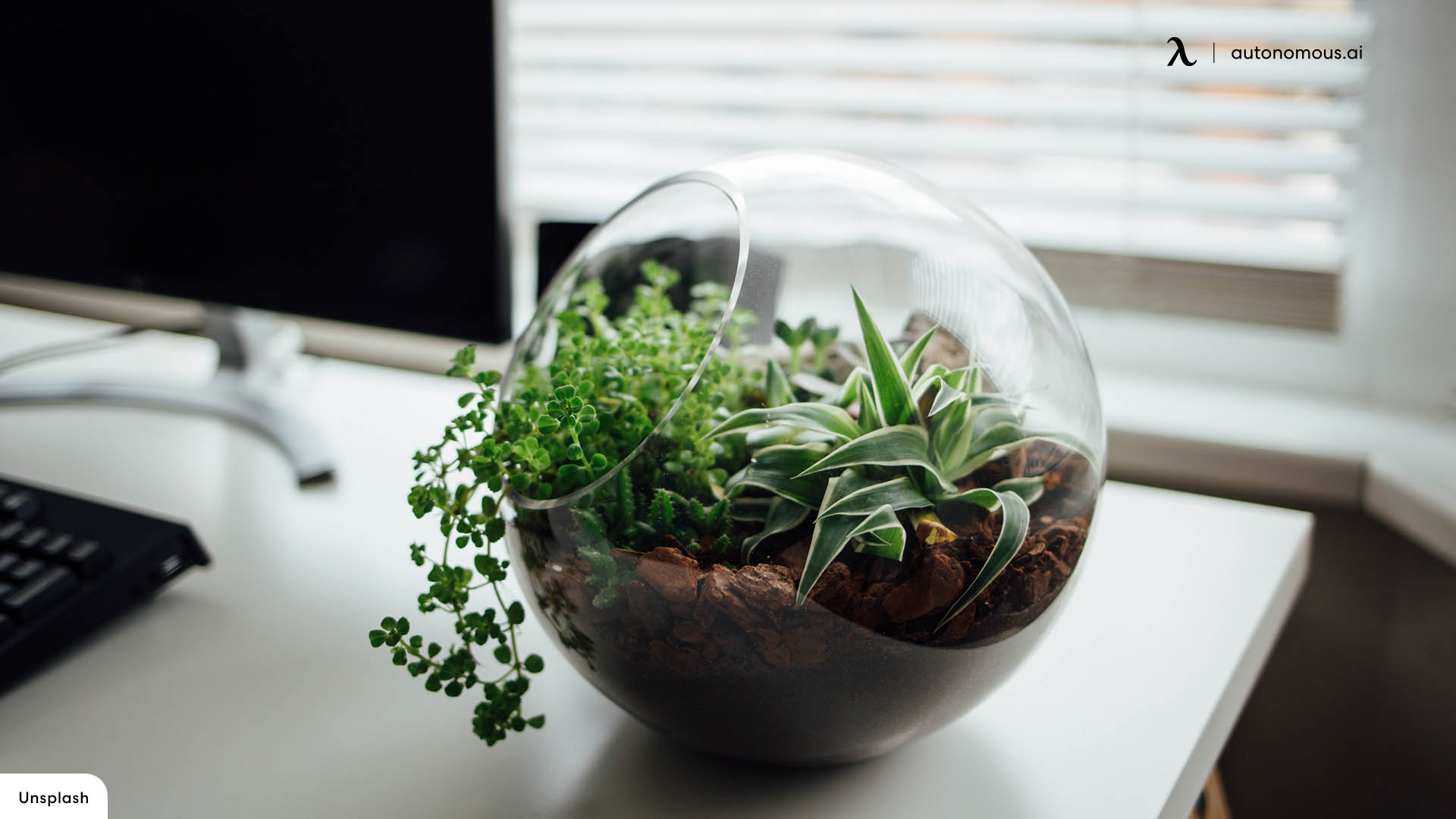
The Best Office Cubicle Plants to Brighten Your Workday
Workplace Inspiration | Jan 9, 2025 464 views
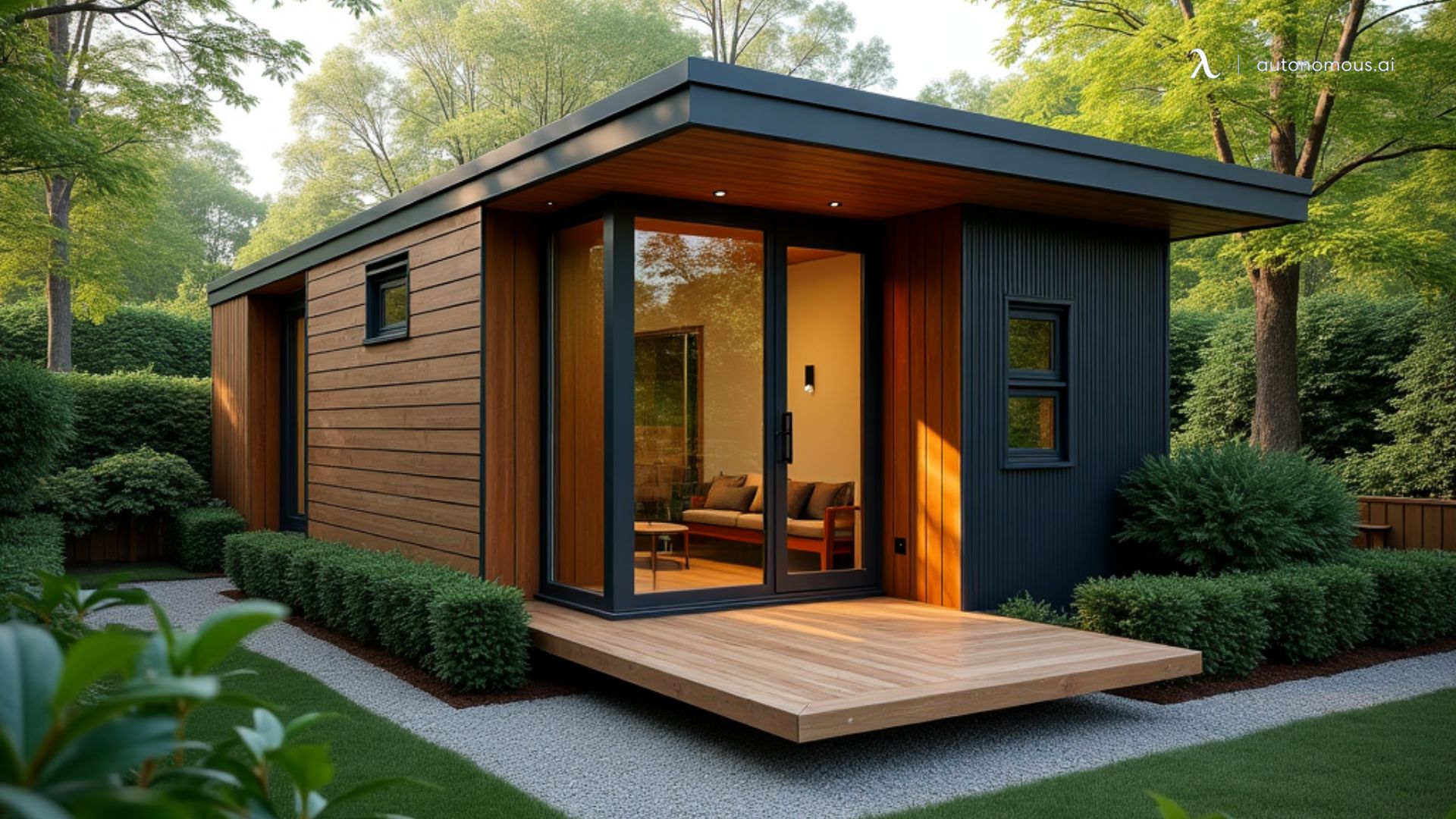
Navigating Regulations for Prefab ADUs in Northern California
Workplace Inspiration | Jan 7, 2025 941 views

Flux vs. Stable Diffusion: Which is Better for Image Generation?
Latest Updates | Jan 8, 2025 1,222 views
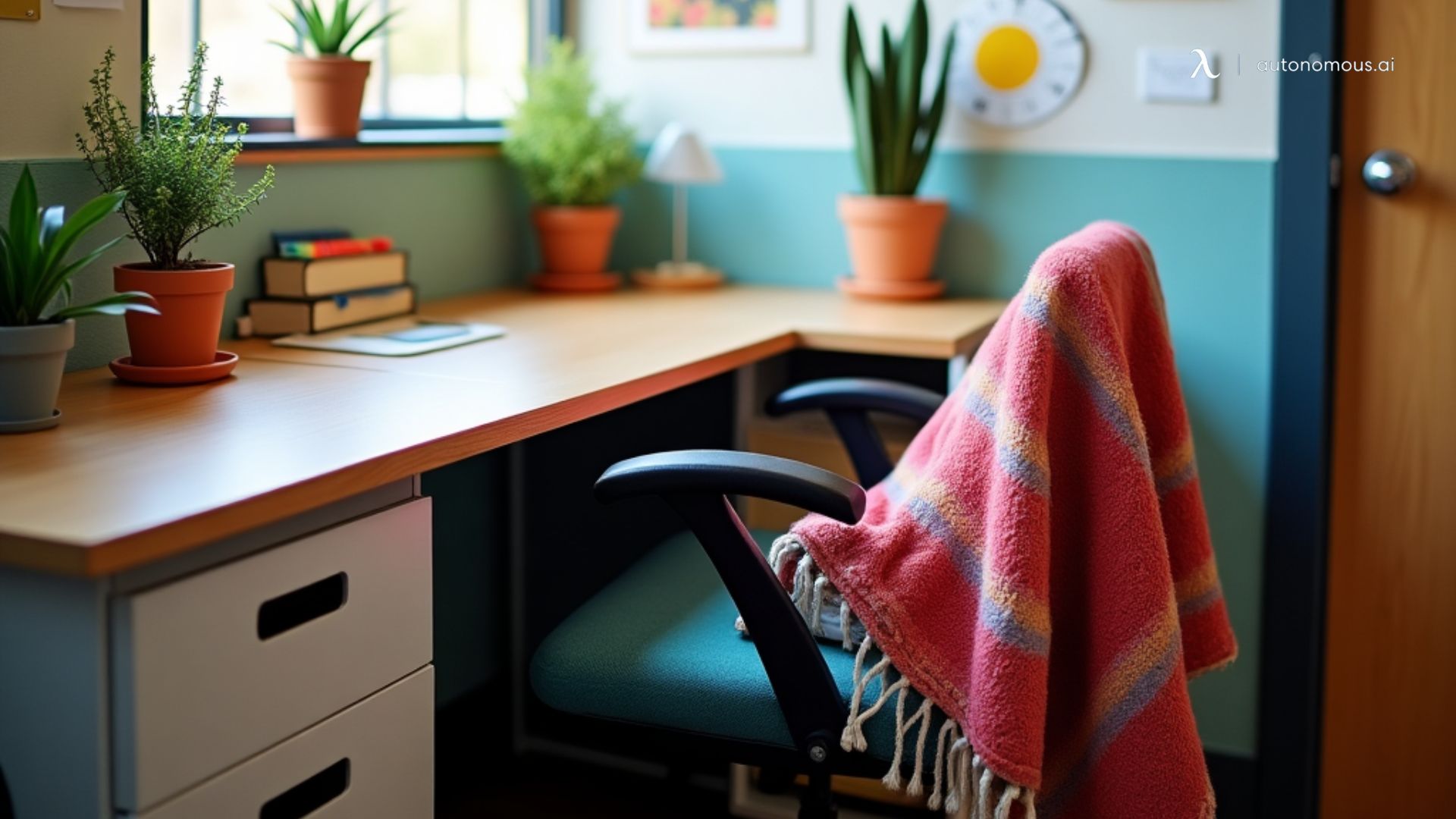
10 Cute Office Cubicle Decor Ideas to Boost Productivity
Workplace Inspiration | Jan 7, 2025 1,279 views
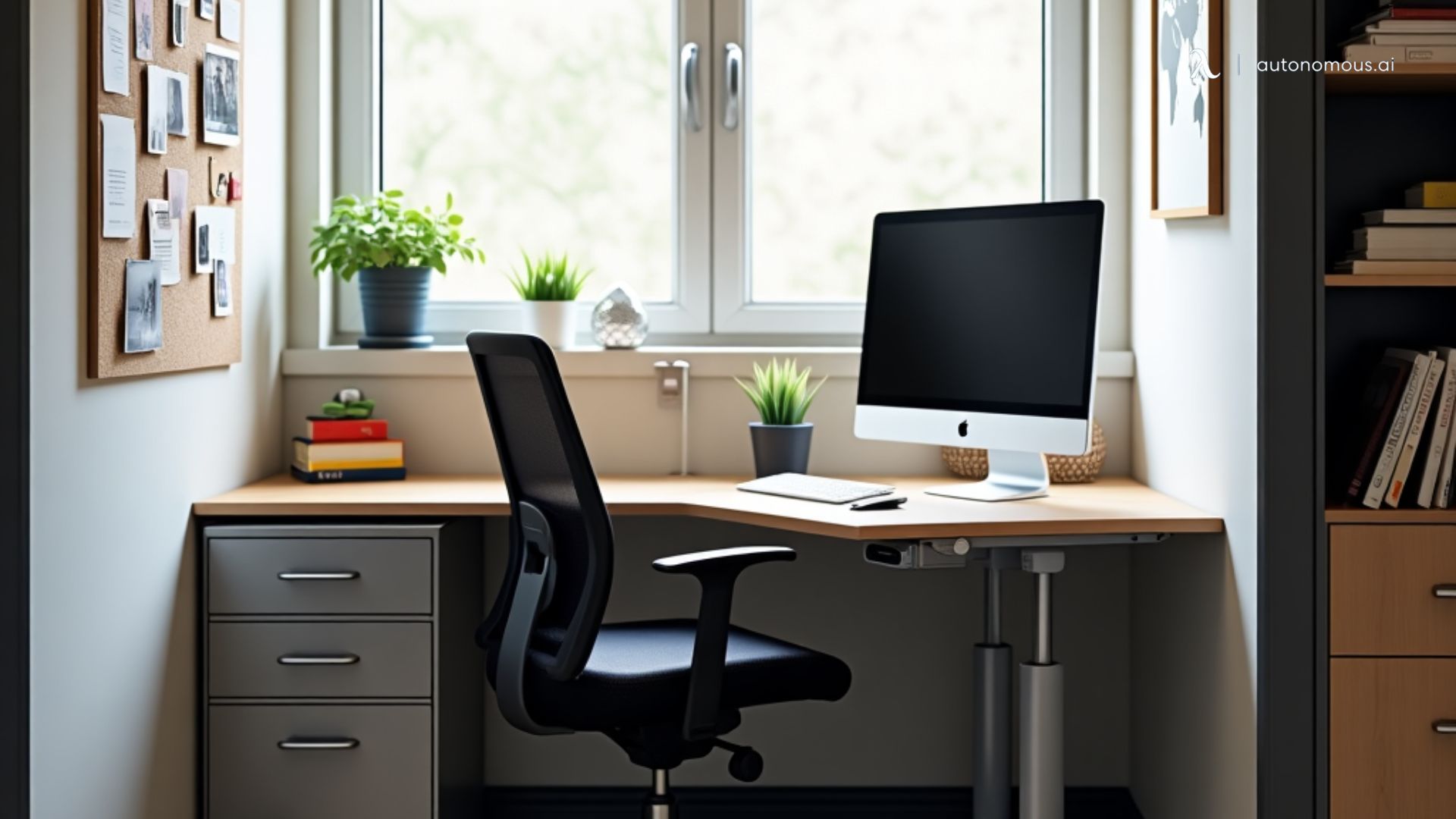
Making Your Cubicle with Standing Desk Work for YOU
Workplace Inspiration | Jan 7, 2025 860 views
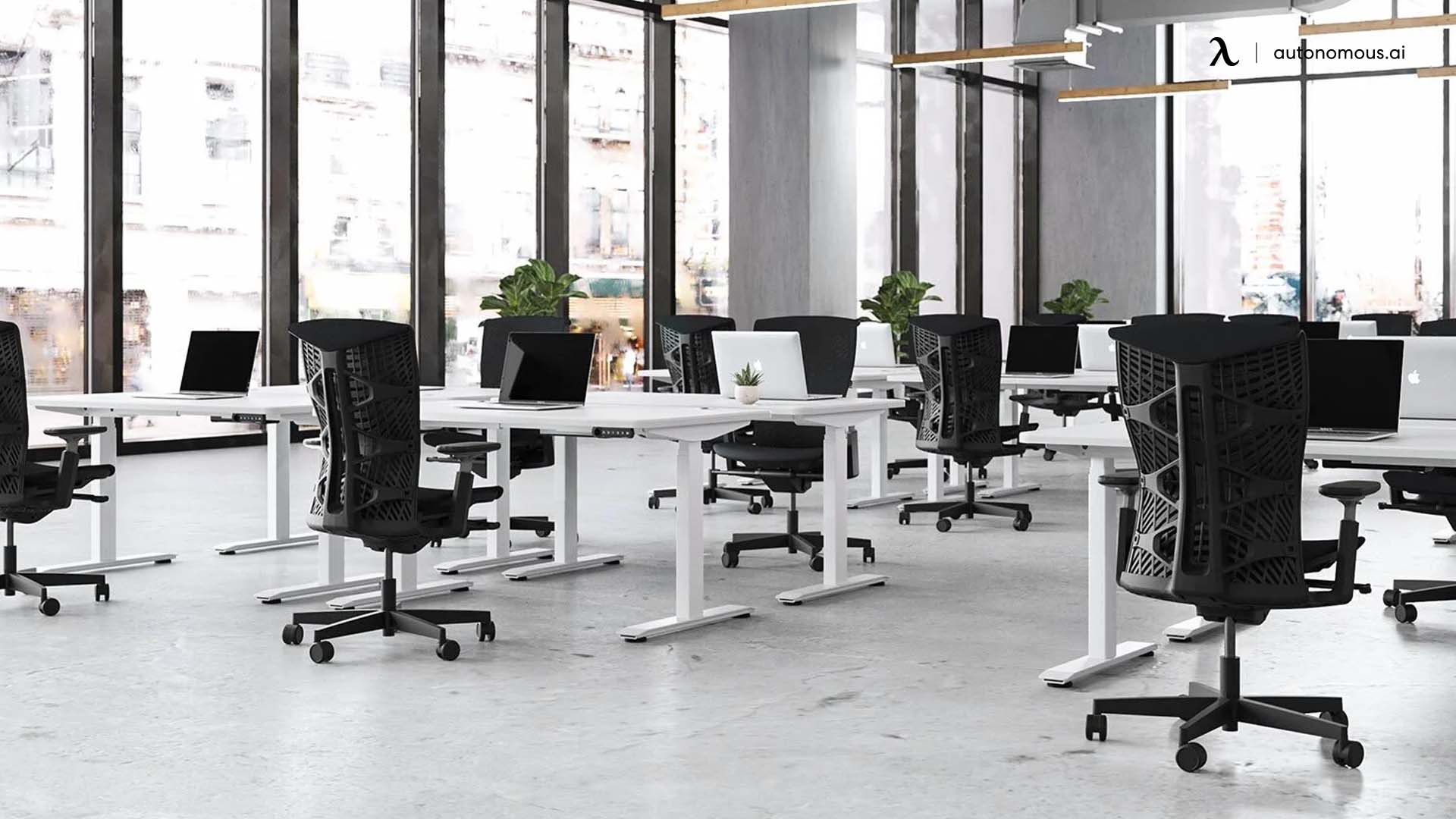
Best Coworking Spaces in San Francisco
Remote Working | Jan 9, 2025 437 views
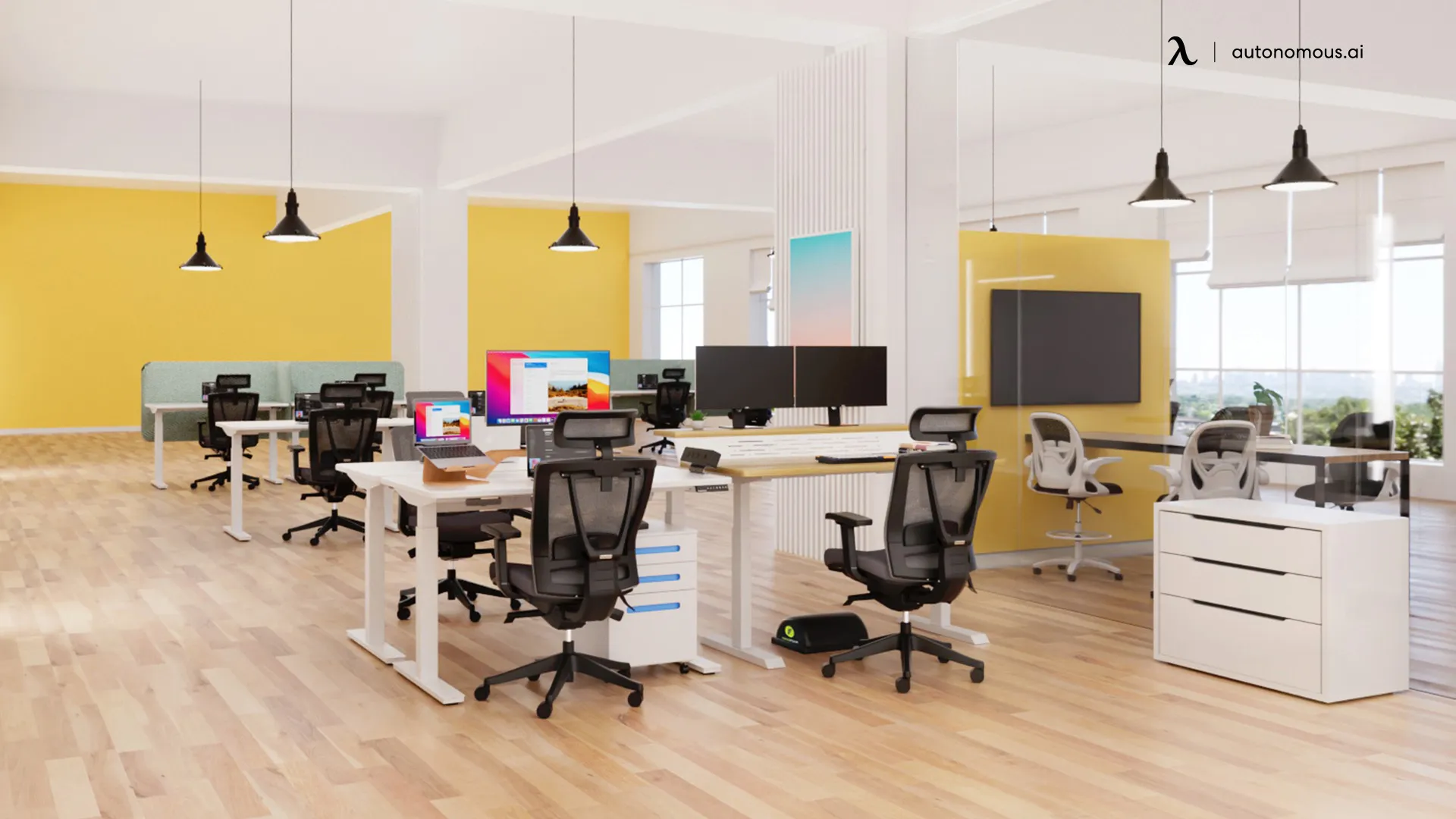
Best Coworking Spaces in San Diego - Find Your Perfect Workspace
Productivity | Jan 7, 2025 752 views
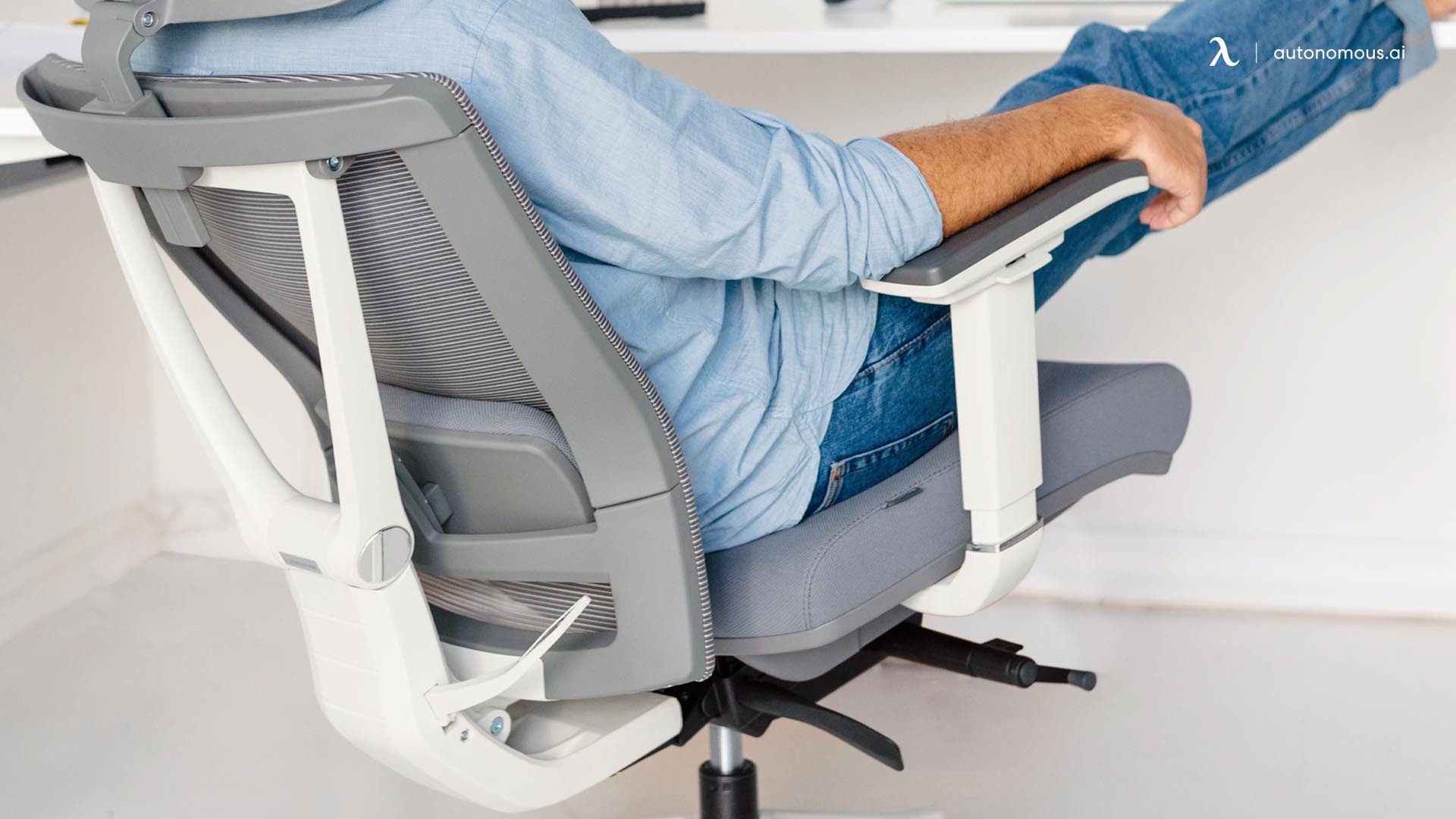
Molded Foam: The Ultimate Guide to Seat Cushions and Furniture Comfort
Smart Products | Jan 8, 2025 758 views
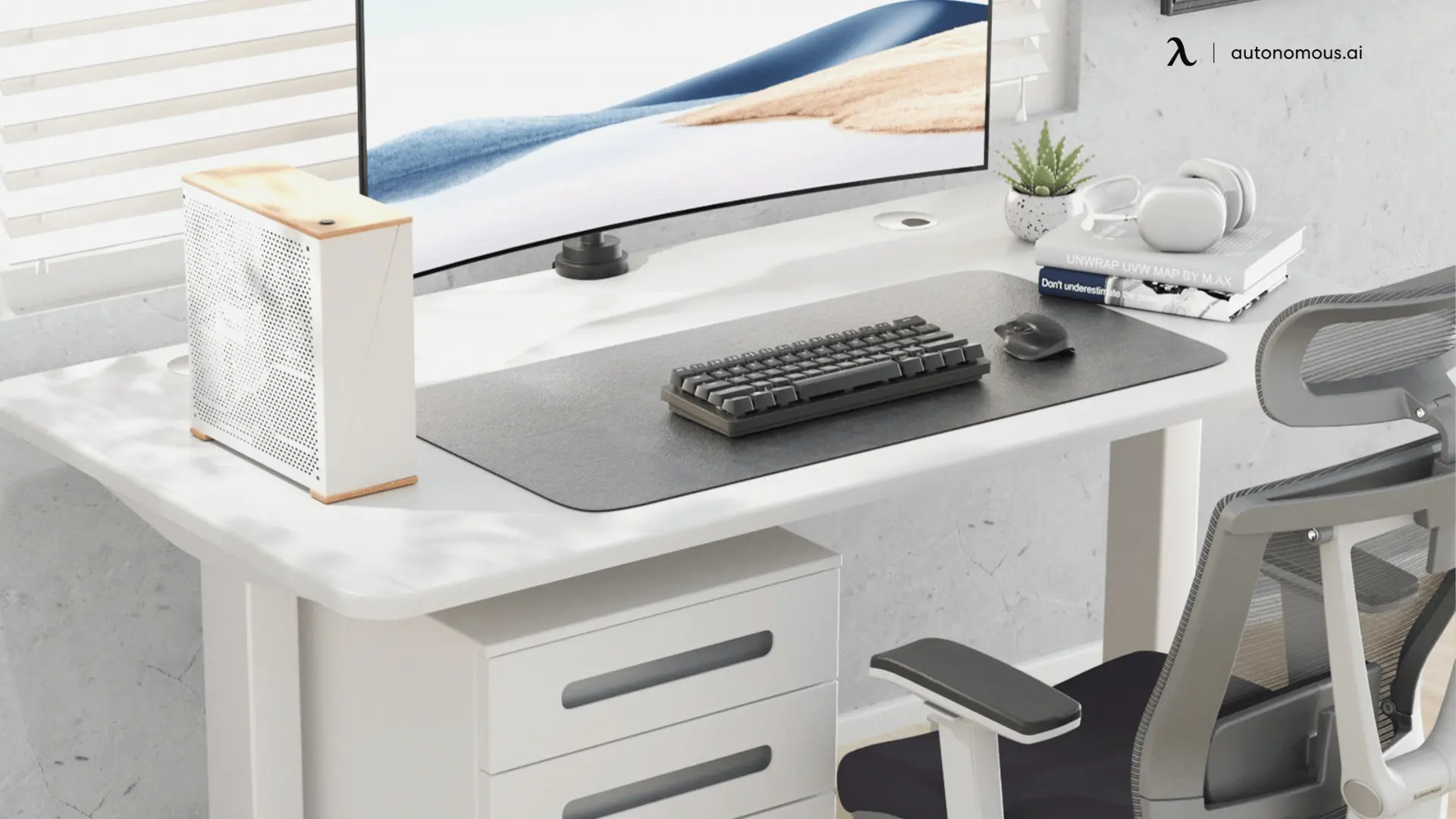
Best Desk Setup Under $1000: Ergonomic & Affordable Options
Workplace Inspiration | Jan 6, 2025 1,080 views
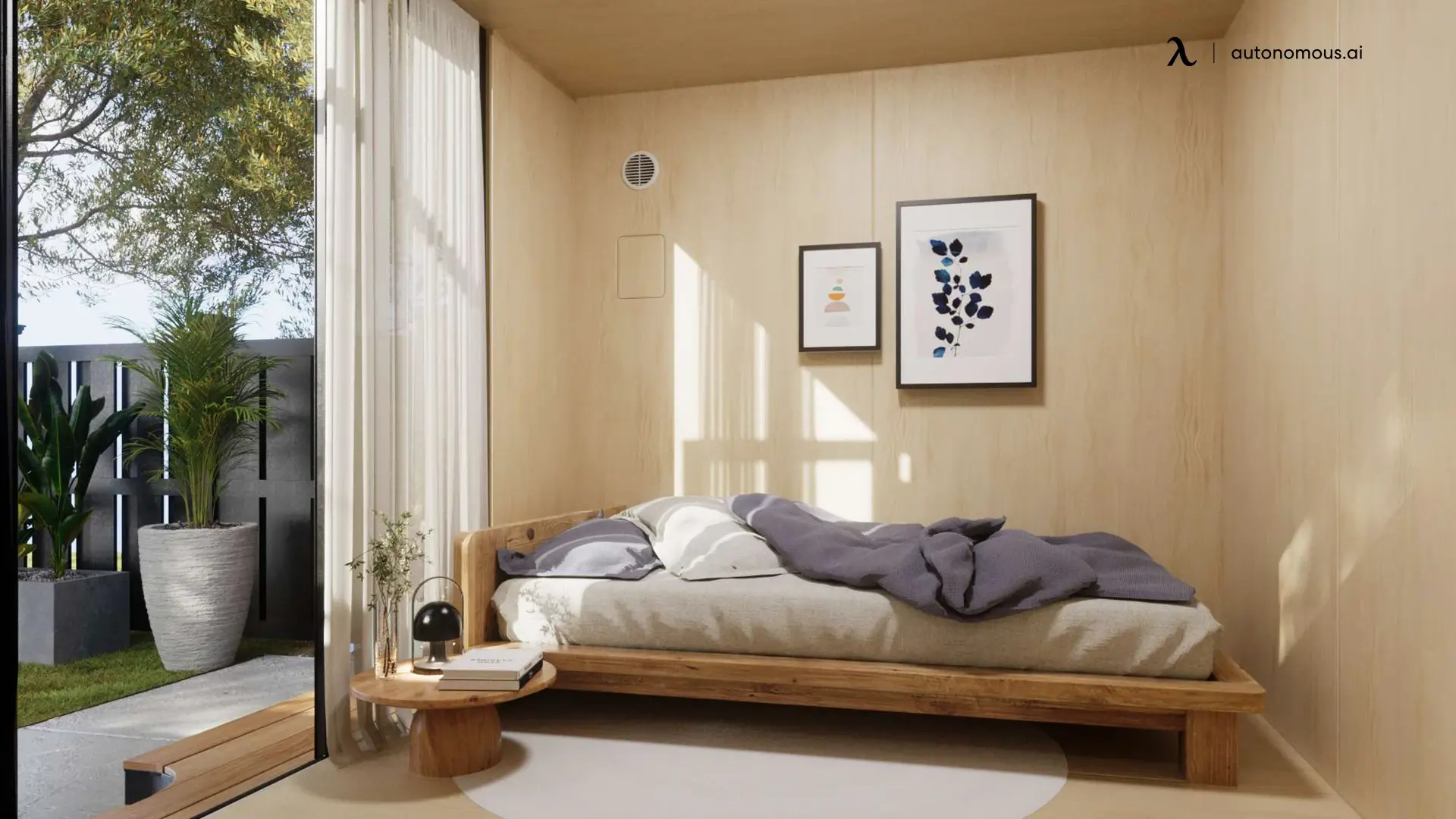
ADU in Minnesota: Prefab Options, Costs, and Regulations Explained
Workplace Inspiration | Jan 2, 2025 846 views
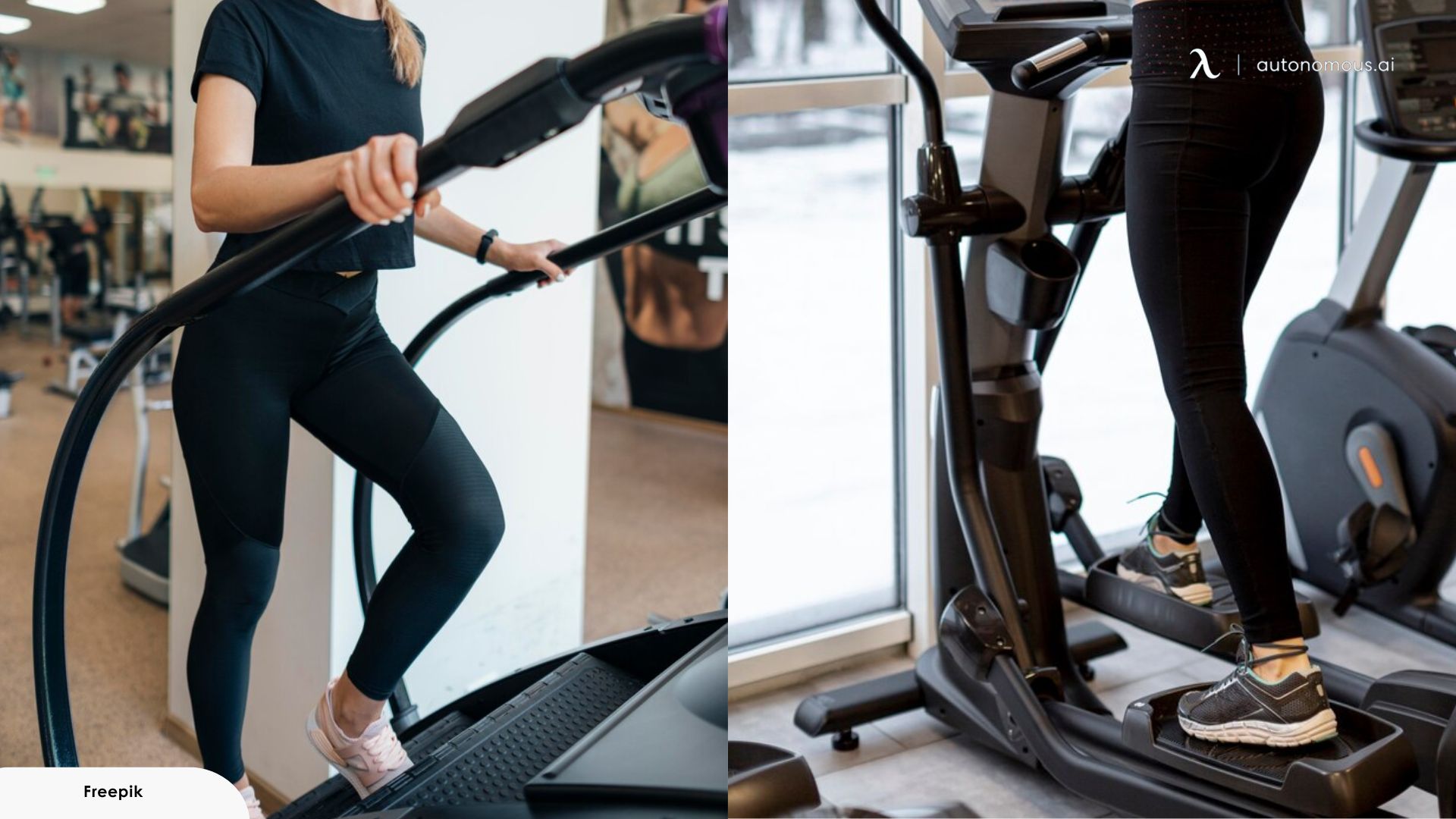
Stair Stepper vs. Elliptical: Which Cardio Machine is Right for You?
Work Wellness | Dec 31, 2024 762 views
